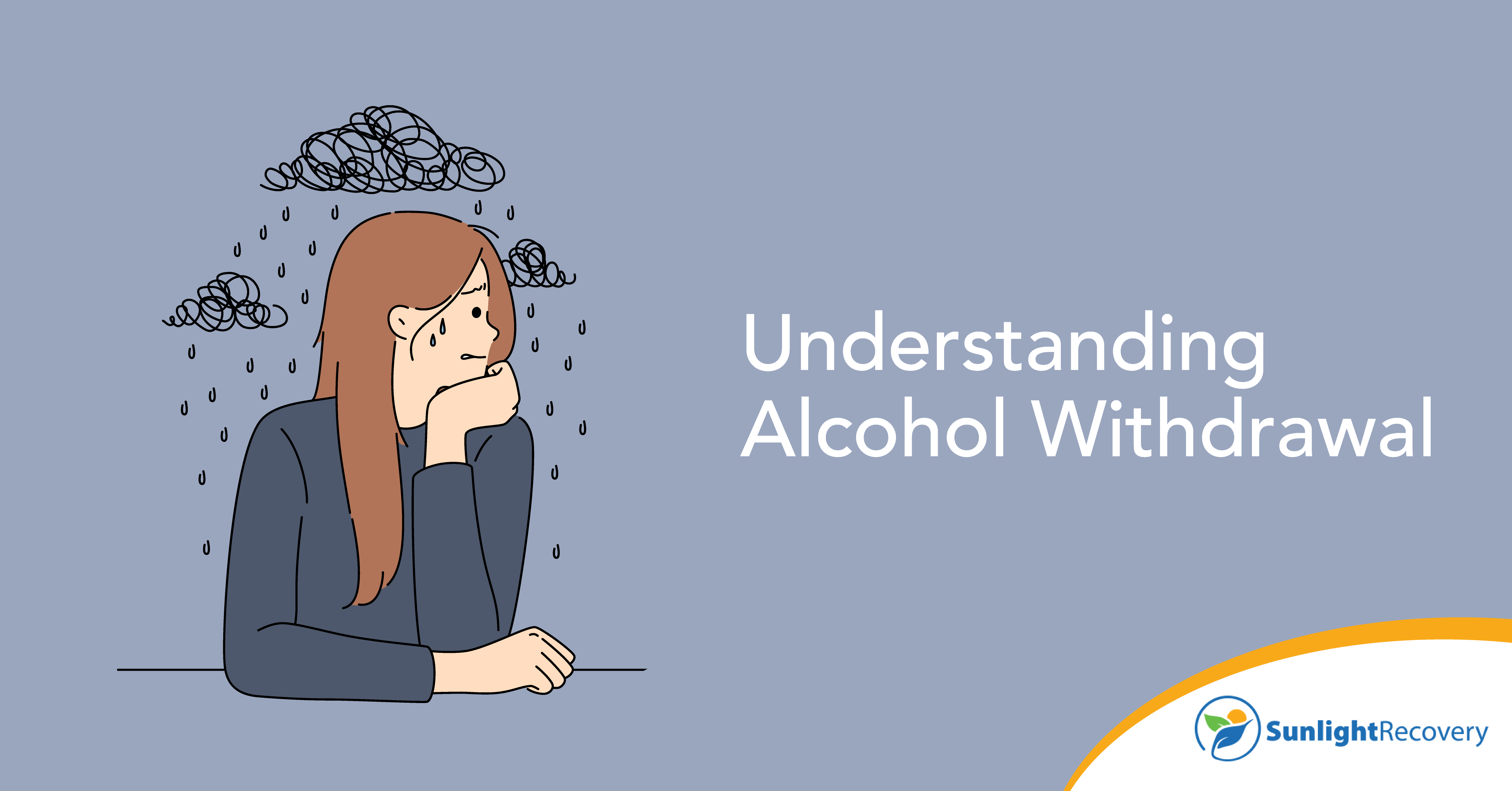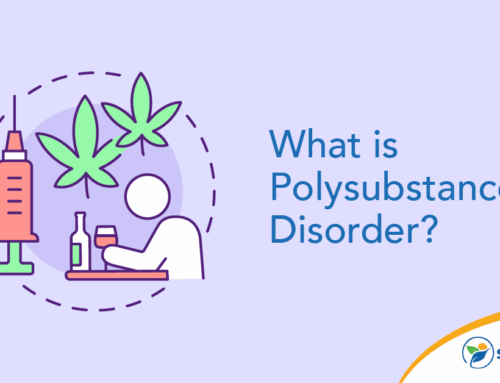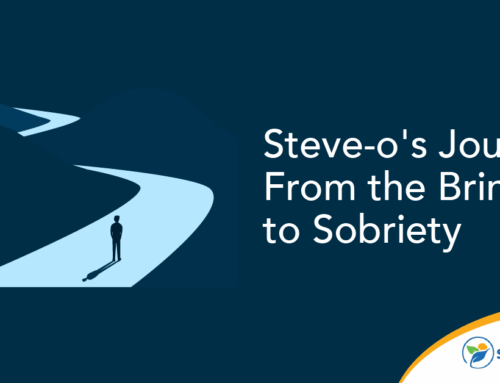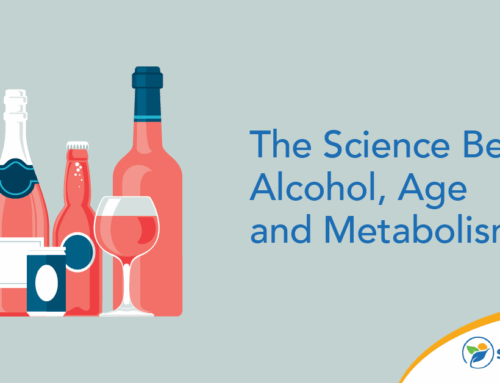Chronic alcohol use increases the risk of serious health problems, damages relationships and makes mental health issues worse. If you’re ready to take control of your life, it’s important to understand what happens during the alcohol withdrawal process. Although quitting alcohol is a great way to improve your physical and mental health, you may need extra support to get through the initial detox period.
What Is Alcohol Withdrawal?
Alcohol withdrawal is a set of symptoms that occurs when you stop drinking suddenly or drastically reduce your alcohol consumption. It’s more common in people who have alcohol use disorder, a pattern of drinking that may cause the following:
- Preoccupation with alcohol
- Difficulty controlling your alcohol consumption
- Having to drink more to get the same effects
- Continuing to use alcohol even when it causes problems in your life
Some people who drink regularly develop a physical dependence on alcohol. Once you’re dependent on a substance, your body starts to crave it. In addition to alcohol cravings, you may experience withdrawal symptoms when you attempt to reduce your consumption or stop drinking altogether.
Causes and Risk Factors for Withdrawal Symptoms
Alcohol is classified as a central nervous system (CNS) depressant. When you drink, alcohol stimulates GABA production, causing sedation and other effects on the body. GABA is a neurotransmitter, which is a chemical that carries messages between nerve cells. Over time, alcohol use changes the balance of GABA and glutamate signals in your CNS.
Like GABA, glutamate is a neurotransmitter. If you stop drinking suddenly or drastically reduce your alcohol consumption, the lack of GABA stimulation leads to an excess of glutamate. Glutamate excites the nerve cells, causing the symptoms associated with alcohol withdrawal syndrome.
Stages and Severity of Alcohol Withdrawal
Your body needs time to process alcohol, so alcohol withdrawal doesn’t take a few minutes. It occurs in stages, with different symptoms appearing during each stage. Here’s what to expect.
Early
The first alcohol withdrawal symptoms typically occur within 6 to 12 hours after your last drink. It’s common to have headaches and difficulty sleeping. Some people also develop anxiety once alcohol starts leaving the body.
Middle
Within 24 hours of your last drink, you may start to have hallucinations. However, not everyone has this symptom. It depends on how long you’ve been drinking and how much alcohol you typically consume in a day. You may also experience excessive sweating, increased heart rate, tremors (shaking), upset stomach or heart palpitations.
Late
The symptoms of alcohol withdrawal usually peak 24 to 48 hours after your last drink. However, heavy drinkers may need a prolonged withdrawal period to remove all the alcohol from their bodies. If you have severe withdrawal symptoms, it’s possible to have a seizure or develop delirium tremens during this stage.
Delirium tremens is the most severe type of withdrawal. If you develop DT, you may have trouble focusing or staying oriented to time and place. DT may also affect your cognitive function, making it difficult to speak or remember important things.
Medical Treatment and Support During Detox
Alcohol withdrawal is one of the major detox challenges faced by individuals who are ready to stop drinking and move on with their lives. If you try to detox on your own, you may not have the support you need to overcome this challenge. Additionally, quitting cold turkey increases the risk of withdrawal complications.
Many people benefit from living in a structured environment while they detox from alcohol and prepare to begin the recovery process. Supervised medical detox has several benefits:
- Increased safety. Medical detox programs have trained professionals available 24 hours per day, ensuring you have just the right level of support. If you develop severe withdrawal symptoms, one of these professionals can intervene quickly, reducing the risk of serious complications.
- Enhanced comfort. Over-the-counter medications are helpful for some symptoms, but they aren’t always effective at keeping people comfortable during the initial detox period. One of the major benefits of medical detox is that a doctor is available to order medications to control nausea, diarrhea, headaches and other symptoms.
- Comprehensive assessment. Every detox program is a little different, but they all have one thing in common: You receive a comprehensive assessment as soon as you arrive. This assessment helps uncover medical and psychological issues that could increase your risk of complications.
- Improved nutrition. Good nutrition supports the body through the withdrawal process. If you try to detox at home, you may not feel well enough to prepare nutritious meals or shop for hydrating drinks. At a medical detox center, you’ll have access to healthy foods and beverages.
- Emotional support. Withdrawing from alcohol takes a toll on your emotions. When you participate in a formal detox program, you have access to the support you need to forge a new path for your life.
Long-Term Recovery After Withdrawal
Withdrawing is just the first step in the recovery process. Once you eliminate alcohol from your system, you need professional support to address your alcohol use disorder. Inpatient treatment is often the best option, as it gives you access to trained professionals in a distraction-free environment.
Getting inpatient care also gives you a chance to focus on yourself for a change. Many people with alcohol use disorder drink because they feel overwhelmed by the challenges of daily life, such as juggling work and family responsibilities. When you don’t have to worry about other people, you can spend time identifying your addiction triggers and learning how to manage them.
Inpatient treatment also gives you access to multiple services in one place. You can participate in group therapy, receive individualized support, meditate and take advantage of nutrition counseling without ever leaving the rehab center.
Outpatient Treatment and Aftercare
If you can’t do inpatient treatment, outpatient care can give you some of the same support. For example, many outpatient programs include therapy and aftercare services to help you avoid relapse. Common aftercare services include individual therapy, group therapy and career counseling, all of which can help you get your life back on track.
Get the Support You Need
Alcohol withdrawal causes uncomfortable symptoms, but it’s a necessary step in the recovery process. The good news is that you don’t have to go through these symptoms by yourself. If you want medical supervision and support from empathetic professionals, contact Sunlight Recovery today. We’re here to provide meaningful advice and personalized treatment as you navigate your recovery journey.







